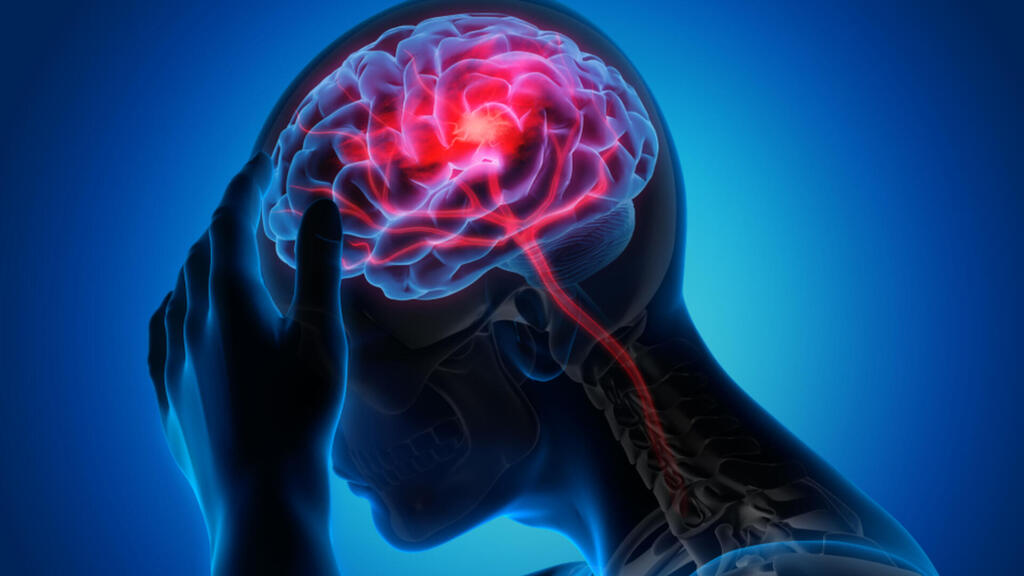Getting your Trinity Audio player ready...
Israeli researchers have found that a green Mediterranean diet, consisting of foods rich in polyphenols and low in red and processed meat, slows down age-related brain atrophy
The findings of the 18-month long randomized control trial - which was led by Be'er Sheva's Ben-Gurion University and featured brain experts from Leipzig University and Harvard University - were published on Tuesday in The American Journal of Clinical Nutrition.
The study represents one of the largest and longest brain MRI trials in the world. Overall, there were 284 participants (88% men) between the ages of 31 and 82 – all of whom are employees at the Dimona Nuclear Research Center.
They were randomly divided into three groups that each followed a specific set of dietary guidelines: a healthy diet, a Mediterranean diet and a green Mediterranean diet. All the participants were furthermore placed in physical activity programs and received free gym memberships.
Both Mediterranean diet groups consumed walnuts, while those in the green-Med group additionally drank three to four cups of green tea per day as well as a daily shake of Mankai duckweed, an aquatic plant, as a substitute for dinner. The green-Med group also consumed a minimal amount of red and processed meat.
3 View gallery


A green smoothie, similar to shake that participants in the study drank
(Photo: Joanna Slodownik, Wikimedia Commons)
Participants in the green-Med group, who consumed the highest level of polyphenols (naturally occurring compounds found in plants), were found to have a significant decrease in age-related brain atrophy via MRI brain scans both before and after the trial.
Specifically, researchers measured hippocampal-occupancy (HOC) and lateral-ventricle-volume (LVV) as indicators of brain atrophy and predictors of future dementia. The most dramatic improvements were seen in those over the age of 50.
Participants who followed both Mediterranean diets also displayed an improvement in insulin sensitivity, which is associated with attenuated brain atrophy.
3 View gallery


The green-Med group also consumed a minimal amount of red and processed meat
(Photo: Shutterstock)
"Since brain atrophy is considered to be [unpreventable], our results might suggest a simple, safe, and promising avenue to slow age-related neurodegeneration by adhering to a green-Mediterranean diet,” said Dr. Alon Kaplan, who conducted the trial.
"Our findings suggest that it may halt brain aging, as well as other atrophy, as seen in dementia and specifically in Alzheimer’s disease," he added.
The joint study was led by Prof. Iris Shai, a professor of nutrition and epidemiology at Ben-Gurion University and adjunct professor at Harvard University, and the trial was conducted by Dr. Alon Kaplan, a physician at Sheba Medical Center and Ph.D. student at Ben-Gurion University.
Republished with permission from The Media Line


